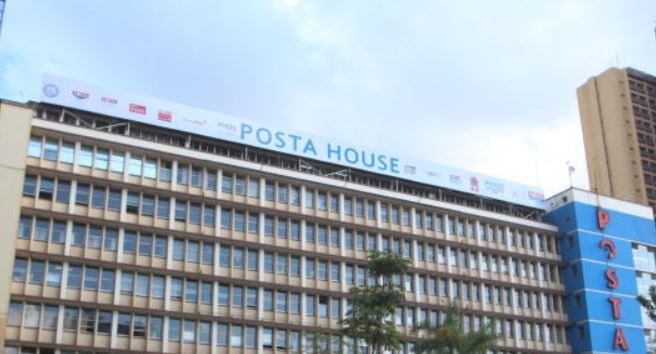×
The Standard e-Paper
Kenya’s Boldest Voice

The Postal Corporation of Kenya (PCK) is facing a cash crunch as the country’s oldest parastatal fights for its survival.
Details from the institution’s financial reports indicate the corporation continues to sink into losses, with the effects of coronavirus sending it further into the red.